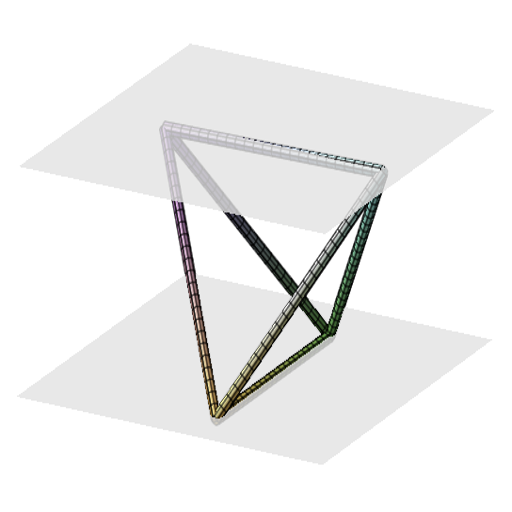Logic takes care of itself; all we have to do is to look and see how it does it. ~Ludwig Wittgenstein Contrariwise, if it was so, it might be; and if it were so, it would be; but as it isn’t, it ain’t. That’s logic. ~Lewis Carroll This is the first post in a multi-part series explaining how computers work. At its heart, a computer is a logical-thinking machine. It’s very good at starting with several assumptions and deducing a conclusion from those assumptions. Of course, a computer can’t do any of that on its own. We need to
abstract algebra
abstract algebra / History / Mathematics / etc.
International Women’s Day Spotlight: Emmy Noether
The connection between symmetries and conservation laws is one of the great discoveries of twentieth century physics . But I think very few non-experts will have heard either of it or its maker[:] Emily Noether, a great German mathematician. But it is as essential to twentieth century physics as famous ideas like the impossibility of exceeding the speed of light. It is not difficult to teach Noether’s theorem, as it is called; there is a beautiful and intuitive idea behind it. I’ve explained it every time I’ve taught introductory physics. But no textbook at this level mentions it. And
